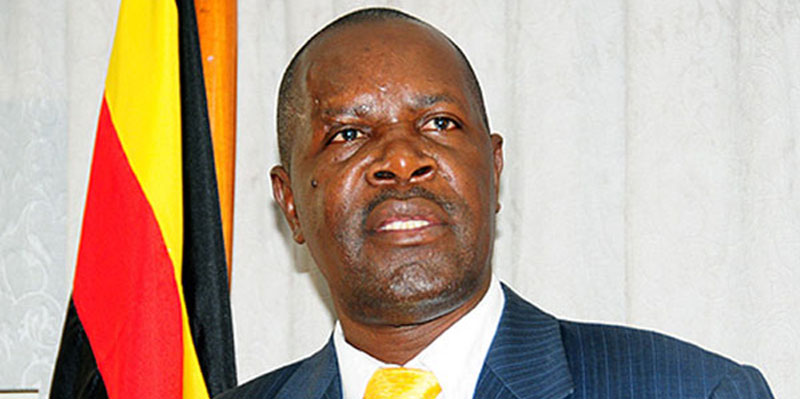Analysis
Has Uganda’s politics gone to the dogs?
The Uganda National Examinations Board (UNEB) and Uganda National Council For Higher Education (UNCHE) have lately taken the battering following the eviction from Parliament of over a dozen MPs for lack of required academic qualifications.
But some observers have suggested that the evictions are part of a deeper political malaise caused by the unwillingness of the elite to participate in the political governance of the country thereby leaving the field to characters with questionable credentials and inadequate academic qualifications.
City lawyer Ladislaus Rwakafuzi told The Sunrise that Uganda’s politics has sank to such a low level that any serious members of the public who joins it does so at the risk of his or her dignity.
“The political terrain seems warped in such a way that the common man is demanding things such as mandatory attending of burial ceremonies and other social functions in exchange for votes which self respecting people find both unpalatable and uncomfortable, ” Rwakafuzi said.
“They (referring to the electorate) are not talking about any political agendas, ” he added.
In addition, Rwakafuzi argues that Uganda’s politics has become so commercialized to the extent that the elite find the cost of participating in it too high to afford.
But NRM Deputy Spokesperson, who also doubles as the Uganda Media Center Executive Director Ofwono Opondo, instead blames the scenario on the law which was introduced by members of the 7th parliament barring Civil servants from running for elective offices before they resign their jobs.
“Imagine a Permanent Sectary of any ministry resigning his job to join the race for a parliamentary seat or even the presidency itself for example. It is similar to pressing a self destruction button because in the event that one loses the election, he or she is automatically rendered jobless immediately,” Ofwono says.
Lambasting those who passed what a one Workers’ MP Dr. Sam Lonoke termed as one of the most controversial bills of its time, Ofwono Opondo regrets that they (7th Parliament MPs) “acted so selfishly” with a view to avoid facing tight competition from more credible candidates than themselves especially from the academia and the civil service as a way of increasing their re-election chances in the subsequent House.
Abdu Katuntu who is one of the longest serving MPs concurs with Opondo.
“Before that law came into force, it was a very fair game to very one and (it was) actually as inclusive as it should be. One only needed to just apply for a leave from his place of work to allow him or her participate in the electoral process at the end of which he or she would be allowed to resume his or her duties in case of a loss,”
“That is why it [politics] was not being approached as a do or die game the way it is today simply because whatever the outcome of the election, his or her employment status would not be affected whatsoever,” Katuntu argues further.
“But now one has to risk so much in order to abandon his or her decent job and venture into the unknown making it such a high price that not many people can afford.”
By the end of last month, the number of expelled MPs for lack academic papers had risen to 13, three of whom were from the ruling NRM party which has since vowed to facilitate appeals against their dismissal.
Workers’ MP Dr. Sam Lyomoki, one of the surviving MPs who featured in the 7th parliament told The Sunrise that the law was not in the best interest of Ugandans especially workers since it denies them the right to stand for elective offices.
“We opposed that bill from the time it appeared on the floor of parliament telling our colleagues that if passed into law, it would deny our constituents (workers) their right to stand for elective offices in the land but we were unfortunately defeated!” Lyomoki narrates.
Comments



















